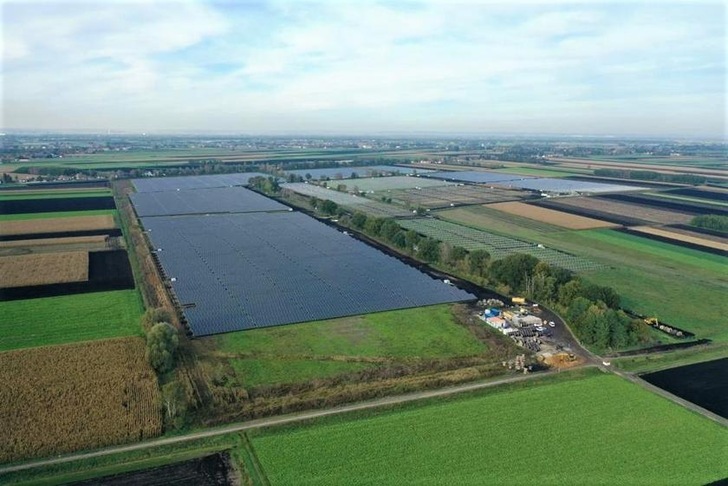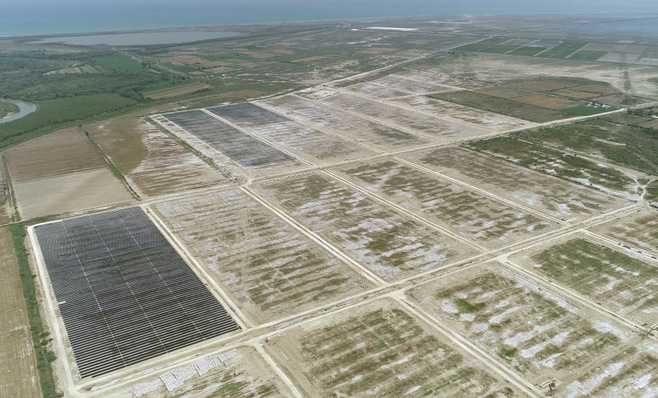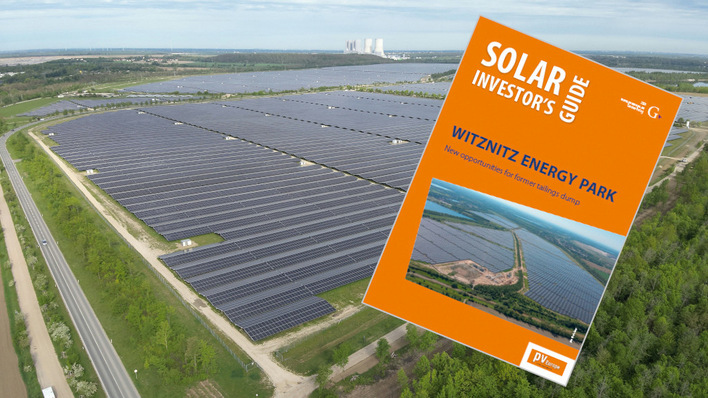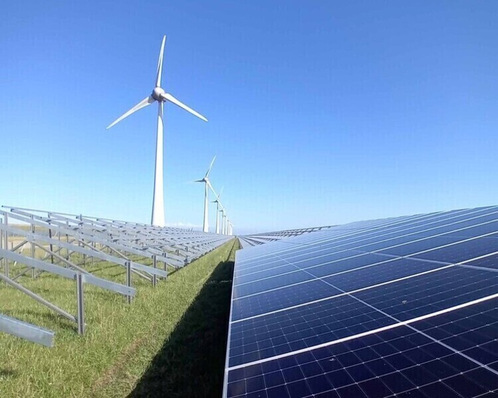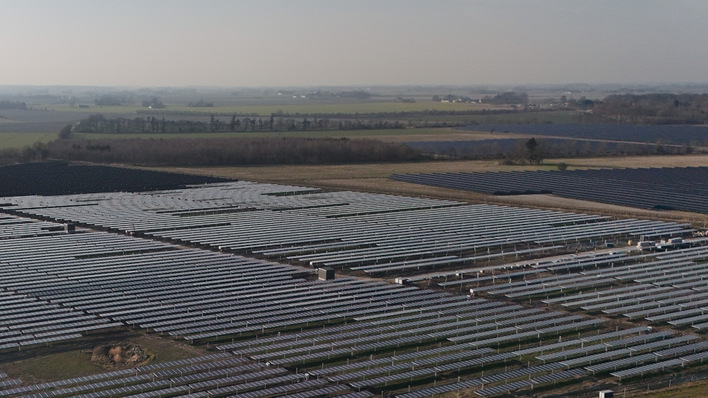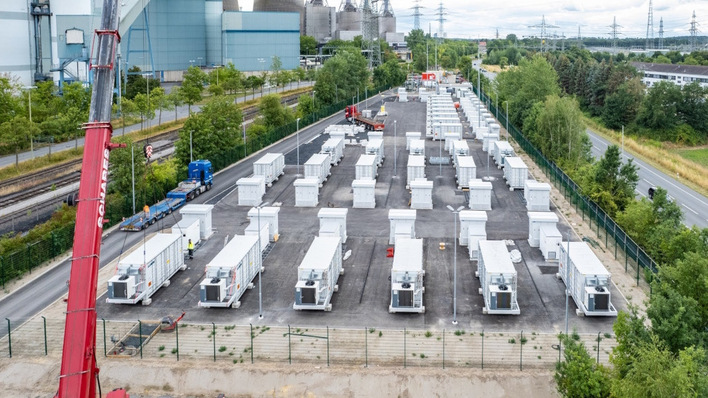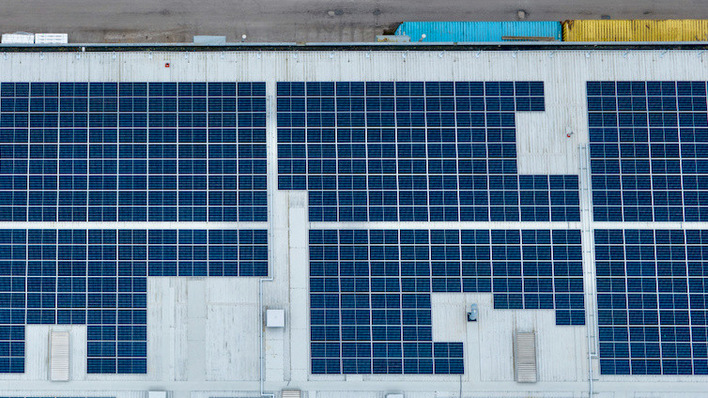A deal between BASF and the energy company Vattenfall recently caused a stir. Together with the energy company, the chemical company headquartered in Ludwigshafen is building the world's largest marine wind farm in the North Sea, with an output of 1.5 gigawatts. BASF is paying around €1.6 billion for just under half of the shares, securing around half of the green electricity generated there through a multi-year power purchase agreement (PPA).
Multi-year supply agreements for green power are in vogue. According to Bloomberg New Energy Finance, for example, more than 23 gigawatts of PPAs have already been signed worldwide. Hotspots for solar PPAs in Europe are Spain and Portugal. Now, this business model is increasingly on the rise in other European countries like Germany.
Companies get climate-friendly electricity at reliable prices. Plant operators can realize their wind and solar parks beyond fixed subsidy tariffs and thus promote the expansion of renewable energies.
Realization of unsubsidized renewable projects
"Long-term power purchase agreements have become a key element of the Energiewende, as they enable the realization of unsubsidized projects and the continued operation of plants after subsidies expire," says EnBW spokeswoman Ramona Sallein. This year, the Karlsruhe-based company has already concluded two major PPAs.
In June, long-term power purchase agreements were signed with Hamburg-based solar and wind farm operator Blue Elephant Energy for a 150-megawatt (MW) solar farm project in Andalusia, Spain. Once completed, the plants are expected to generate around 315 gigawatt hours (GWh) of environmentally friendly electricity annually.
At the beginning of the year, EnBW signed a PPA with Energiekontor (Bremen) for electricity from a solar park in Mecklenburg-Western Pomerania. Construction of the approximately 52 MW photovoltaic plant is scheduled to start this fall, with commissioning planned for the second quarter of 2022.
Municipal utilities also active
EnBW is also active in the PPA business as an operator of solar parks. For example, talks are underway with interested parties on power purchase agreements for several large photovoltaic projects in Brandenburg. A tender process is currently taking place for a 180 MW solar park in Weesow-Willmersdorf, and a PPA is expected to be concluded by the fall. "We are currently seeing a rapid ramp-up in the PPA market," Sallein states.
Municipal utilities such as Technische Werke Schussental (TWS) are also active in the PPA market. The Ravensburg-based company recently signed a five-year electricity supply contract with Statkraft Deutschland. The green electricity is generated at Anumar's Brunnen solar park in Upper Bavaria, which has a capacity of 10 MW.
The volume of around 10 GWh generated from this, for example, can be used to supply more than 2,500 households each year. TWS would also like to supply commercial customers. According to Robert Sommer, TWS division manager for the market, talks with business customers are "very interesting and promising".
Green utilities concluding PPAs
TWS previously concluded a first PPA with a combined heat and power plant that runs on biogas. Another PPA covers a post EEG wind power plant, which will cease to be subsidized from 2022. Further PPAs are being planned, according to Sommer. The focus is to be on Post EEG plants, among others.
Naturstrom AG is also getting involved in the PPA market. Since last fall, the green energy supplier has been purchasing around 55 million kilowatt hours per year from the direct marketer Statkraft via a long-term supply contract until the end of 2031. The solar energy is generated in the Schornhof solar park in Upper Bavaria, which operates completely without EEG compensation. (hcn)


